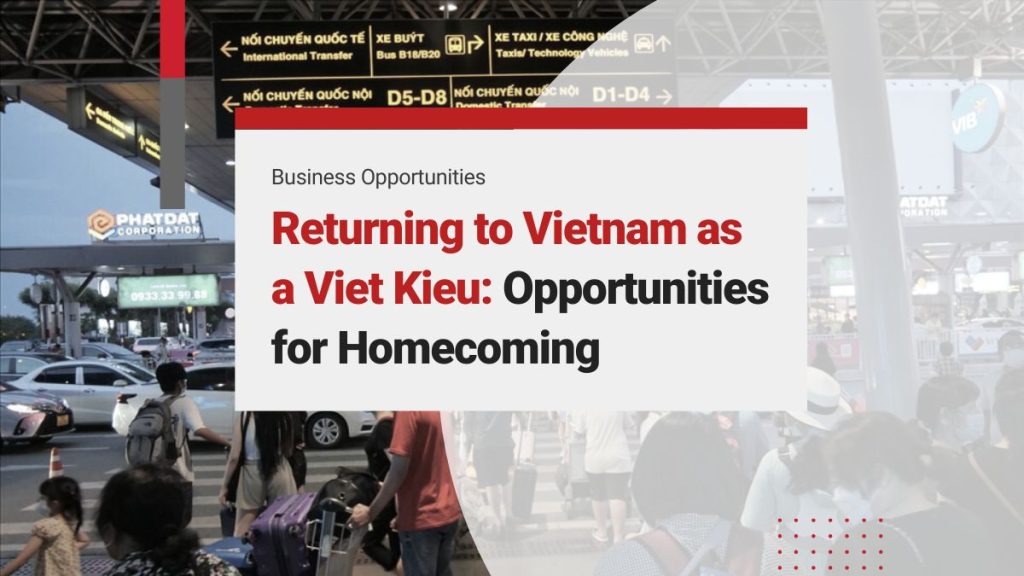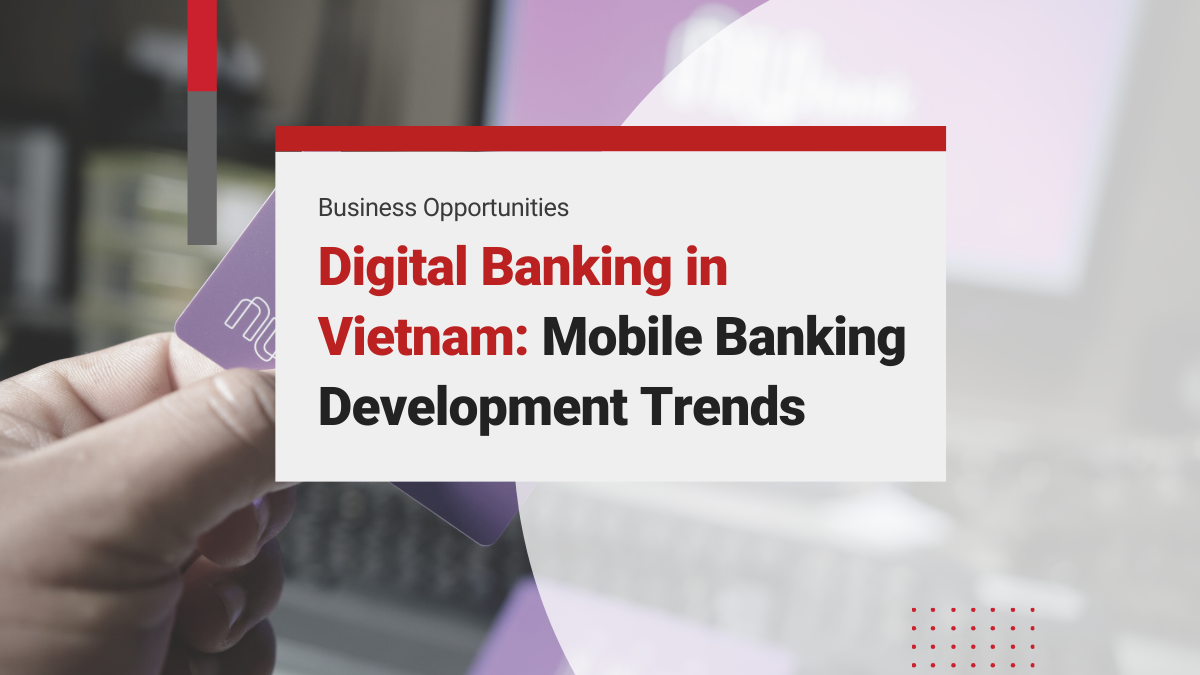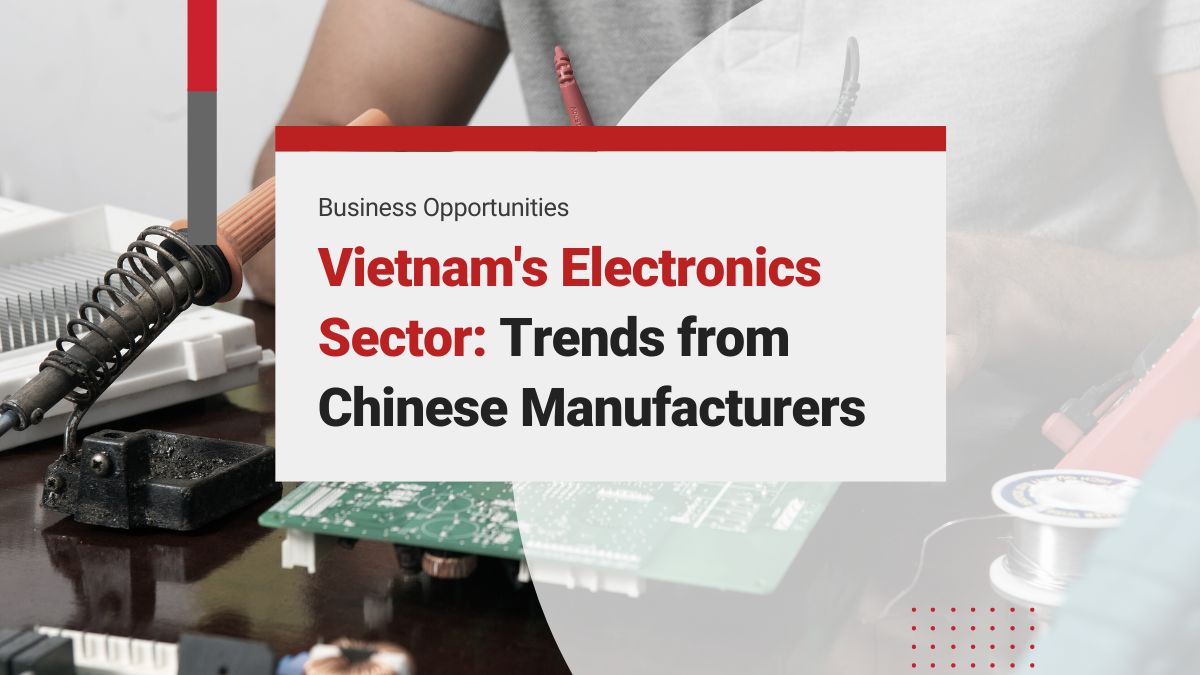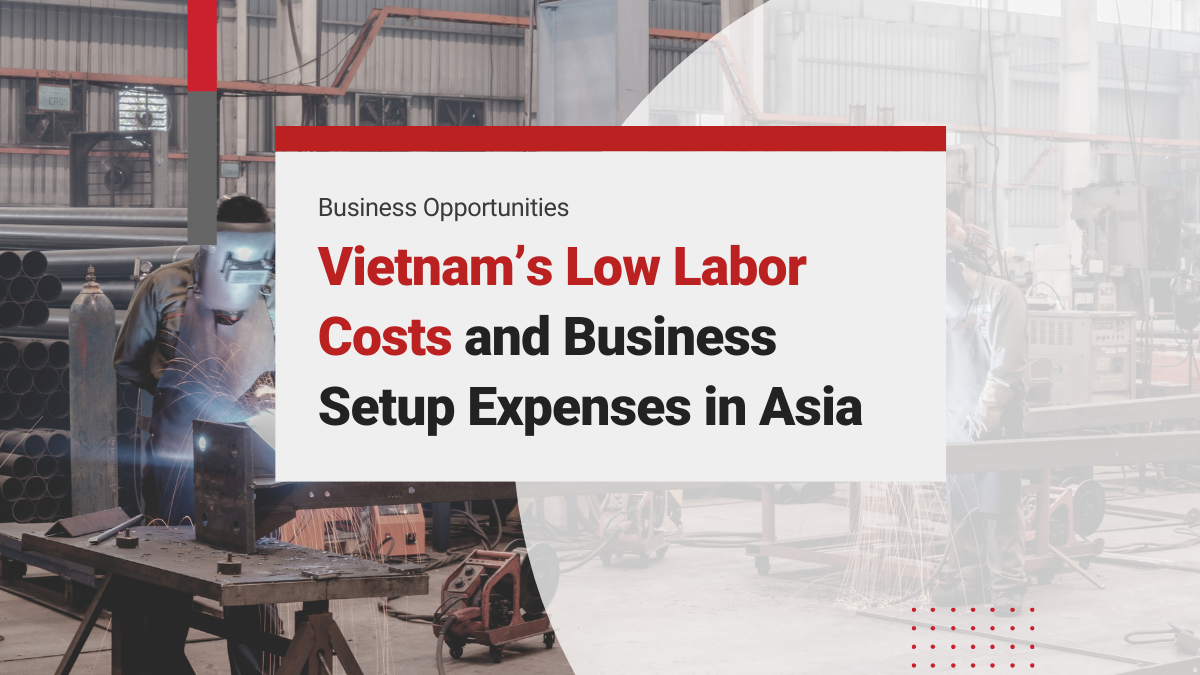Vietnam is increasingly recognized as a premier destination for both tourism and retirement, attracting attention for its cultural richness and ease of lifestyle. While retiring in Vietnam presents certain limitations for those wholly foreign to the country, the process is notably more straightforward for the Vietnamese diaspora, known as “Viet Kieu” or Overseas Vietnamese. For Overseas Vietnamese, returning to the homeland not only simplifies the transition but also offers a profound opportunity to reconnect with their heritage in retirement.
Our article meticulously outlines the essentials for Overseas Vietnamese considering a return to Vietnam, encompassing visa procedures, acquisition of Vietnamese citizenship, property ownership, and investment as well as career opportunities.
Interested in Investing in Vietnam? Explore InCorp Vietnam’s Immigration Services
Understanding the Overseas Vietnamese: Who Are They?
Overseas Vietnamese or Viet Kieu refers to individuals of Vietnamese origin or descent who reside outside of Vietnam, irrespective of their citizenship status—whether they hold Vietnamese citizenship, citizenship of their host country, or dual citizenship. The term is derived from the Sino-Vietnamese word “Kiều”, which comes from the Chinese character 僑, meaning people living in someone else’s house or village.
This designation is commonly used within Vietnam by the local population and internationally among the diaspora. Originally, many Overseas Vietnamese left Vietnam for political, economic, or personal reasons, including large waves of emigration following significant historical events such as the fall of Saigon in 1975.
Today, the term encompasses a broad spectrum of individuals, including those who left Vietnam as refugees, immigrants seeking better opportunities, and subsequent generations born abroad. A considerable number of Overseas Vietnamese maintain cultural ties to Vietnam and may return to invest, start businesses, or work as intermediaries for foreign entities, leveraging their unique understanding of both Vietnamese and Western cultural practices. This dual familiarity is generally seen as advantageous to international organizations operating in Vietnam, though it can also introduce certain challenges.
Overseas Vietnamese communities are prevalent across the globe, with significant populations in the United States, Cambodia, France, Australia, Canada, and many other countries, contributing to both their host and home countries’ cultural and economic landscapes.
What Motivates Overseas Vietnamese to Choose Homecoming?
Viet Kieu, or Overseas Vietnamese, includes individuals who left Vietnam for various reasons over different periods, as well as their descendants born abroad. As Vietnam continues to grow and stabilize economically, more Overseas Vietnamese are considering returning to their homeland, driven by a mixture of personal, professional, and sentimental reasons.
Personal Motivations
Many Overseas Vietnamese return to Vietnam to reconnect with their cultural heritage, immersing themselves in the traditions and daily life of a homeland they often know only through family narratives or short visits. For these individuals, returning serves as an opportunity to enrich their identities and experience the culture firsthand.
Professional Opportunities
Vietnam’s strong economic growth offers abundant opportunities for career advancement and new business ventures. The combination of expanding markets, rising foreign investment, and an entrepreneurial surge creates an appealing environment for business-oriented individuals. For Overseas Vietnamese with international experience and local cultural insight, the chance to serve as a link between Vietnam and global markets is especially attractive.
Sentimental Reasons
For many Overseas Vietnamese, the decision to return is driven by a desire to reconnect with their roots. This can be especially powerful for those whose families left Vietnam during turbulent times. Returning offers a way to reconcile with the past and can provide a sense of closure or reconnection to lost heritage.
Quality of Life
Vietnam offers a cost-effective lifestyle that is appealing to retirees and those looking to stretch their pensions further. The lower cost of living, combined with familiar cultural elements, makes Vietnam an attractive place for a serene and culturally rich retirement.
Read Related: Ease of Doing Business in Vietnam: Why Do Overseas Vietnamese Choose This Destination?
Benefits for Overseas Vietnamese in Vietnam
Entering Vietnam as an Overseas Vietnamese – Five-Year Visa-Free Certificate
Overseas Vietnamese, along with their spouses and children, are entitled to enter Vietnam without a visa for stays up to 90 days. For those planning a longer stay or considering retirement in Vietnam, regularly exiting and re-entering the country to reset the visa timer is impractical. Instead, obtaining a five-year visa-free certificate is recommended.
This certificate, which simplifies long-term visits, can be obtained through the Vietnamese consulate in your country of residence. If you are married to a non-Vietnamese, your spouse can also apply for the certificate, although the application requirements will differ.
Validity and Duration of Stay
The visa certificates are valid for up to five years or until six months before your passport or residence permit expires. While the visa itself is valid for five years, your continuous stay in Vietnam is limited to 180 days, which can be extended by another 180 days upon arrival.
Application Requirements for Overseas Vietnamese
To apply for a Visa Exemption Certificate, you must provide:
- A completed and signed online visa application form.
- Two recent 2×2 photographs; one glued to the form and another stapled.
- A residence permit or a passport valid for at least six months after entry.
- A copy of one of the following: Vietnamese birth certificate, citizenship certificate, expired Vietnamese passport, identity card, or family/household registration book.
- Payment can be made in cash or by credit card if applied in person.
The process is similar for spouses and children of Overseas Vietnamese, requiring:
- A completed and signed online visa application form.
- Two recent 2×2 photographs; one glued to the form and another stapled.
- A residence permit or a passport valid for at least six months after entry.
- Proof of relationship through a marriage certificate, birth certificate, certificate of relationship for child/parent, or adoption decision.
- Payment can be made in cash or by credit card if applied in person.
Read More: Comprehensive Immigration Guide for Foreign Investors in Vietnam
Processing Time and Tips
The processing time typically is five working days but may vary depending on your local consulate’s procedures. Ensure to check specific requirements and times with your consulate. The certificate can be picked up either through an agent or directly from the consulate upon completion.
Ownership and Investment Rules in Vietnam
To safeguard Vietnam’s interests, the government has implemented measures that make it challenging for foreigners to own businesses and properties. Although the 49% cap on business ownership has been lifted and property acquisition rules have been relaxed, foreigners still face more obstacles than local citizens. However, as an Overseas Vietnamese, you are granted the same ownership and investment privileges as Vietnamese citizens, allowing you to own businesses and properties outright without needing a local co-owner.
Ownership isn’t automatic under Vietnamese descent; you must first obtain the certificate discussed earlier. This certificate equips you with the same rights as local citizens—a policy introduced in 2015 to facilitate investment from the Vietnamese diaspora.
Getting Started with Business and Property Investment in Vietnam
Launching a business or investing in property can be daunting, but understanding the right steps and the overall process can significantly ease your journey. First and foremost, ensure that the business or property genuinely interests you. This passion will be crucial for staying motivated to effectively manage your investment. If you’re purchasing property, choose a location that appeals to you personally if you plan to live there, or one that is desirable for rental purposes to ensure profitability.
If you’re considering starting a business, make sure it’s in an industry that captivates you, as this will drive your enthusiasm and commitment to managing the business well.
After making your decision, it’s essential to consult with professionals who are familiar with the Vietnamese market and the specific needs of Overseas Vietnamese investors. Seek out a reputable real estate agent and a lawyer who specializes in working with Overseas Vietnamese. Their expertise will provide comprehensive protection and guidance. Additionally, conduct thorough research to ensure you’re making a sound investment at a fair price.
Read More: Property in Vietnam: 7 Key Insights for Foreign Investors to Thrive
Cash Flow and Loans in Vietnam
Managing your finances wisely is crucial when investing in Vietnam. It’s important to maintain a clear paper trail for all transactions. This transparency is necessary because banks are required by law to verify the origin of your funds before finalizing any purchases. For greater reliability and to avoid the fluctuating exchange rates of local banks, consider making bank transfers from a foreign account.
Compliance with legal standards cannot be overstressed. Ensure that all your transactions are lawful and that you are dealing with reputable individuals and entities. Beware of seemingly attractive “bargains” that may lack proper documentation; these often lead to higher costs down the line and could jeopardize your legal status in the country.
Additionally, obtaining the “Pink Book”—the official document recognized by the Vietnamese government as proof of property ownership—is essential. Ensure that this document is issued to you before you complete any property transaction to secure your investment legally.
Conclusion
Vietnam has become an attractive destination for tourism, retirement, and investments, especially for the Vietnamese diaspora, known as “Viet Kieu.” The opportunity to reconnect with their heritage and explore economic prospects draws many Viet Kieu back, offering them a chance to blend cultural ties with professional and investment opportunities.
Our guide has detailed the essential steps for Viet Kieu planning to return to Vietnam, from obtaining visa exemption certificates to understanding property and business investment intricacies. These privileges, ensuring equal treatment in ownership and investment, demonstrate Vietnam’s dedication to reintegrating its global community and encouraging its contributions to national development.
While the investment landscape in Vietnam offers numerous opportunities, it also presents challenges that require an understanding of local laws, careful financial planning, and professional advice to navigate successfully.
For Viet Kieu, returning home is more than just a journey back to a familiar place; it’s a rediscovery of their past and a step towards new opportunities in Vietnam. By remaining well-informed and proactive, they can ensure a successful and enriching return to their ancestral homeland.

clients worldwide

professional staff

incorporated entities in 10 years

compliance transactions yearly
Learn the Right Setup for Business
Expansion in the Vietnam
Frequently Asked Questions
Can I Retire To Vietnam
- Yes, you can retire to Vietnam. While Vietnam doesn't offer a specific retirement visa, many retirees stay long-term using tourist or business visas, often renewing them periodically. It's important to check the latest visa regulations and consider healthcare, cost of living, and residency requirements.
Can Viet Kieu Buy Property In Vietnam
- Yes, Viet Kieu (overseas Vietnamese) can buy property in Vietnam. They are allowed to own residential property under certain conditions, such as having legal documents proving their Vietnamese origin.






